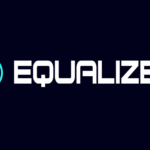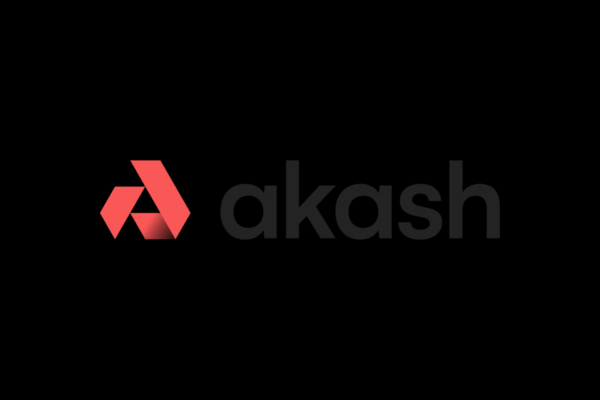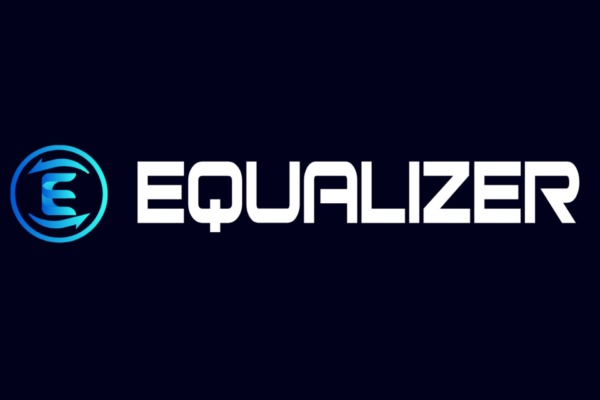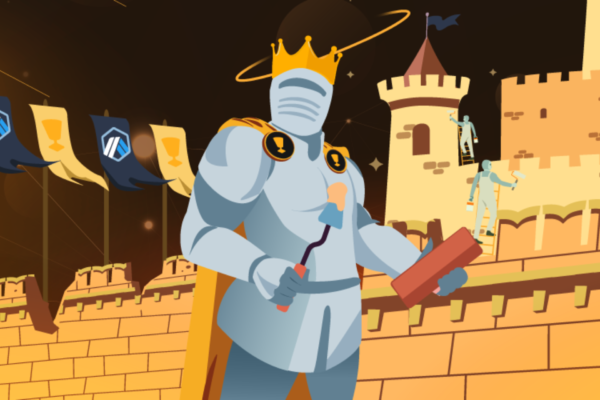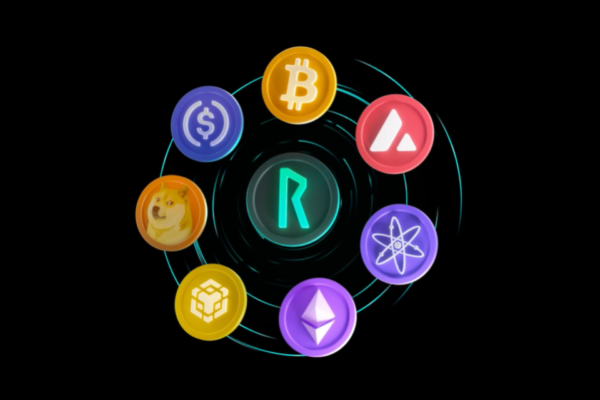This article explains how Ethereum was not built for the level of adoption it is seeing. We discuss how crypto is a connection of multiple communities that benefit from each other.
Trilemma
The blockchain trilemma, coined by the founder of Ethereum, Vitalik Buterin, is the core problem that blockchain technology faces. This concept is split into three main areas: decentralization, security, and scalability. Decentralization is how diverse a given network is, a network with many validators is more diverse than a network with few. Bitcoin and Ethereum are valued partially because of how widespread and diverse their networks have become. Security is how protected the network is from unplanned network hacks or scams. Bitcoin and Ethereum have proven immense security, partially because of how decentralized they are. Imagine you go to the bank and to take out your money 10 people need to evaluate if you are the owner of your account. All 10 of these people need to reach “consensus” that you are not a malicious actor, then you will receive your funds. This is a simple explanation for a rather complex mechanism.
Scalability is the third area, this area suffers the most for Bitcoin, Ethereum and many others. The reason for this is that the mass adoption of crypto has occurred at a rapid pace. Ethereum, when it was developed from the ground up likely never dreamed it would have so much adoption so soon. Successful scalability provides many transactions without the user suffering from network congestion or massive fee increases[1]. If you have used Ethereum directly lately you will know the average transaction can be anywhere from 40-500$ depending on what you aim to complete. This is simply not acceptable for the everyday user, this is the crux of Ethereum, but is it doomed?
Enter Ethereum Scalers
One of the reasons we have been so excited about Polygon (MATIC) is because it allows users to onramp funds onto the Polygon sidechain. Once these funds are on the sidechain, transactions go from 40-500$, to only a few pennies. Transactions are faster, causing many games and NFT projects to build on the network. Polygon aims to take this a step further and fully integrate itself into Ethereum with rollup technology. The technology Polygon is aiming to introduce is known as a ZK rollup. Rather than bore you with an in-depth explanation, ZK rollups aim to bundle transactions into groups on and off chain. ZK rollups also only call upon information when needed. They can also prove the data or transaction without revealing sensitive information regarding personal privacy[2]. Now Polygon, and ZK rollups are only one area that is aiming to bring scalability to Ethereum. Projects that can leverage Ethereum security and decentralization, while bringing their own scalability answers will become very valuable
Theory
Now, Vitalik is an incredibly intelligent man, he created much of what we know about blockchain with his teams. He has stated that any network is always going to have possibly 2 strong points within the Trilemma, and one weaker point. This postulates that a blockchain cannot be incredibly strong in all three areas. But what if Ethereum and others were never meant to solve this problem? What if the solution involves projects like Polygon coming in and creating a symbiotic relationship in which Ethereum and Polygon benefit from each other? Crypto is about interconnectivity, communities, and networks. Successful blockchains are integrating with as many networks as possible. The projects that have had the best growth are creating partnership after partnership. We believe this is a massive narrative forming right in front of our eyes. The crypto project that can really bring this theory home is going to bring incredibly valuable to its holders. Aside from MATIC we have a list that will come in part 2 of this discussion. We hope this was informative. As always stay safe out there, do your own research, and we wish you well!
[1] https://academy.shrimpy.io/post/what-is-the-blockchain-trilemma
[2] https://coinmarketcap.com/alexandria/glossary/zero-knowledge-rollups

